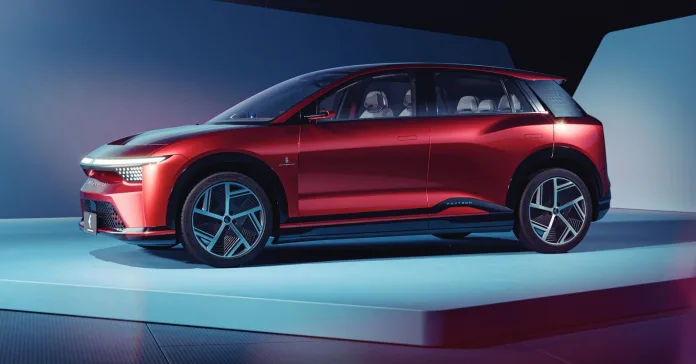The sun rises over Tokyo’s skyline, casting a golden glow on the bustling streets below. But today, the real dawn may be breaking in conference rooms and boardrooms across Japan’s automotive sector. Foxconn, the Taiwanese manufacturing giant known for assembling iPhones, is about to make waves in the land of the rising sun – and the ripples could reshape the global electric vehicle (EV) landscape.
On April 9th, Foxconn EV is set to host a seminar that could mark a turning point for Japan’s storied auto industry. The event, shrouded in anticipation, aims to lay out Foxconn EV strategy to a who’s who of Japanese automakers and suppliers. It’s a bold move that signals Foxconn’s intent to become a major player in the EV revolution, and it’s happening right in the backyard of some of the world’s most renowned car manufacturers.
“This isn’t just another tech company dipping its toes into the automotive waters,” explains Akira Tanaka, a veteran auto industry analyst I spoke with on the eve of the announcement. “Foxconn EV is diving in headfirst, and they’re bringing decades of manufacturing expertise with them. The Japanese auto industry needs to pay attention.”
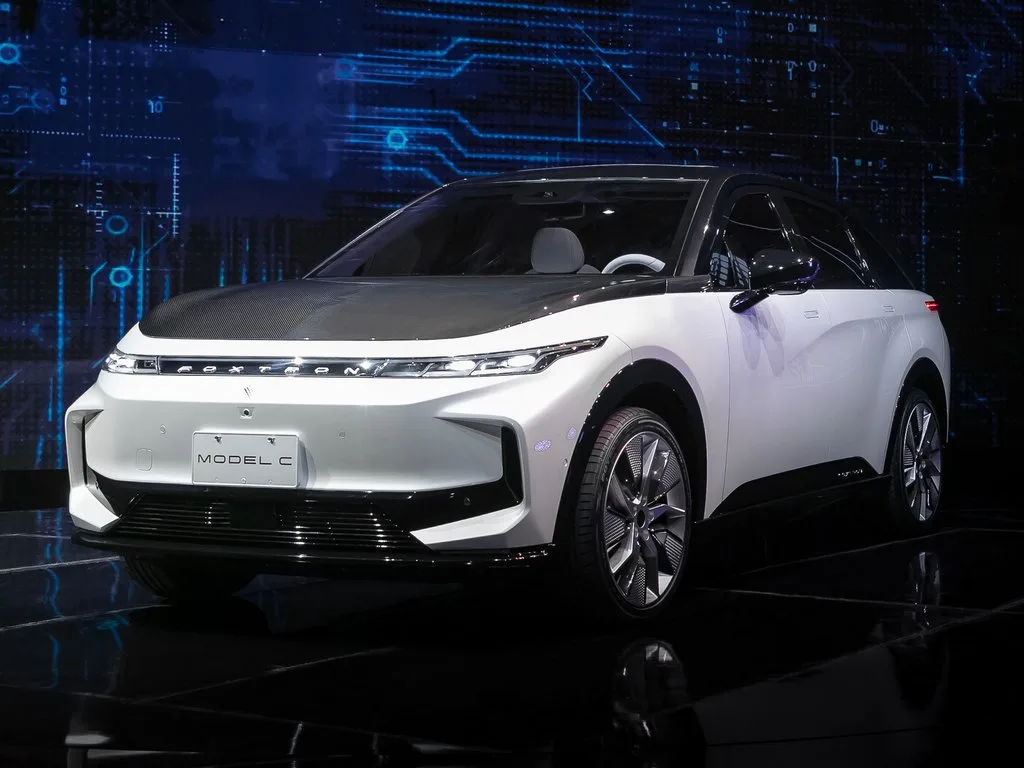
The Mitsubishi Deal: A Foot in the Door
Foxconn’s Japan event comes hot on the heels of a groundbreaking deal with Mitsubishi Motors. The partnership, which will see Foxconn produce EVs for Mitsubishi in Oceania markets, is more than just a contract – it’s a statement of intent.
“The Mitsubishi deal is Foxconn’s way of saying, ‘We’re here, and we mean business,’” says Yuki Ito, an EV market specialist I consulted for this story. “It’s a foot in the door of the Japanese auto industry, and you can bet they’re planning to push it wide open.”
Let’s break down what this partnership means:
| Aspect | Impact |
|---|---|
| Market Entry | Foxconn gains access to established Oceania markets |
| Manufacturing Prowess | Demonstrates Foxconn’s EV production capabilities |
| Industry Credibility | Partnership with a major Japanese brand boosts Foxconn’s automotive credentials |
| Future Potential | Opens doors for collaborations with other Japanese manufacturers |
The implications of this deal extend far beyond Oceania. It’s a proof of concept for Foxconn’s Contract Design and Manufacturing Service (CDMS) in the EV space, potentially paving the way for similar arrangements with other automakers.
The April 9th Event: What to Expect
As the date approaches, speculation is rife about what Foxconn will unveil. Sources close to the matter suggest that Jun Seki, Foxconn’s Chief EV Strategy Officer and a former Nissan executive, will take center stage.
“Seki-san’s presence is significant,” Tanaka explains. “He brings deep industry knowledge and credibility. When he speaks, Japanese automakers will listen.”
Expected highlights of the event include:
- Detailed overview of Foxconn’s EV manufacturing capabilities
- Showcase of Foxconn’s modular EV platform
- Potential announcements of new partnerships or collaborations
- Roadmap for Foxconn’s EV strategy in Japan and beyond
“This event could be a watershed moment for the Japanese auto industry,” says Ito. “It’s not just about Foxconn entering the market – it’s about the potential for a fundamental shift in how EVs are designed and manufactured.”
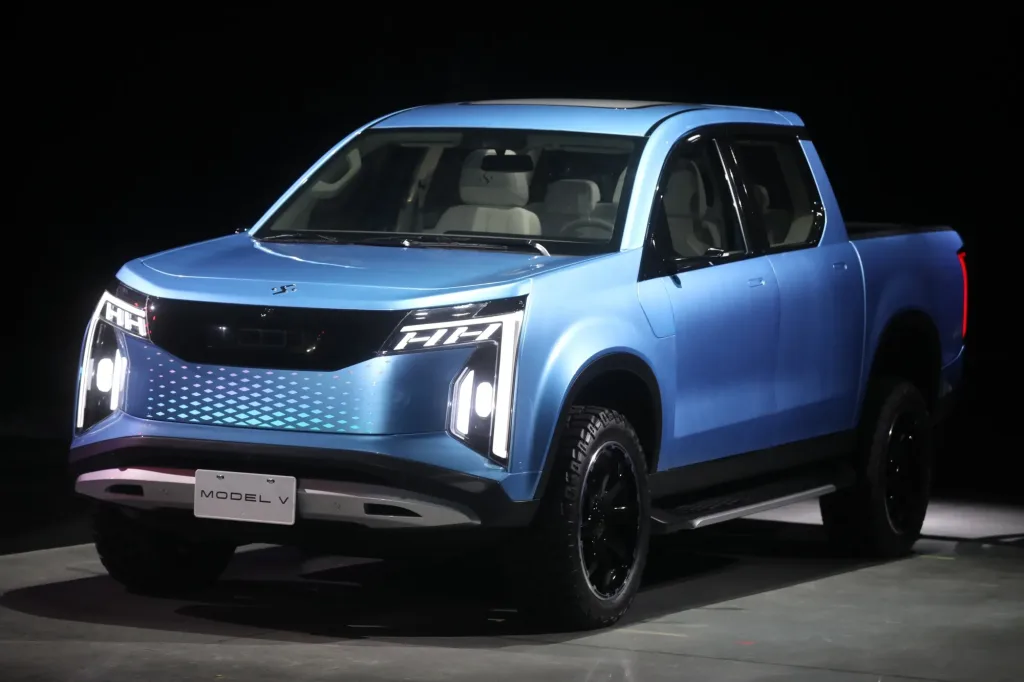
Disruption or Collaboration? The Industry Reacts
The news of Foxconn EV push has sent ripples through Japan’s automotive sector. Traditional manufacturers are watching closely, weighing the potential threats and opportunities.
“We’re seeing a mix of caution and curiosity,” reveals Haruki Sato, a senior executive at a major Japanese auto parts supplier who spoke to me on condition of anonymity. “There’s recognition that Foxconn brings valuable expertise to the table, especially in electronics and efficient manufacturing. But there’s also concern about what this means for the existing industry structure.”
Indeed, Foxconn’s entry into the EV market could reshape long-standing relationships between automakers and suppliers. The company’s vast experience in consumer electronics manufacturing could give it an edge in areas like infotainment systems and battery management – crucial components in modern EVs.
“It’s not just about building cars anymore,” Sato explains. “EVs are essentially computers on wheels. Foxconn’s background gives them a unique perspective that traditional auto manufacturers might lack.”
The Bigger Picture: Foxconn EV Ambitions
While the Japan event is grabbing headlines, it’s important to view it as part of Foxconn’s larger strategy. The company has set an audacious goal: to produce 40% of the world’s EVs in the future.
To achieve this, Foxconn is:
- Investing heavily in auto-related acquisitions (nearly $1.3 billion over the past decade)
- Forming strategic partnerships (e.g., with Stellantis NV for automotive semiconductors)
- Developing its own Foxconn EV platform, the MIH, which offers a flexible, modular base for other manufacturers
“Foxconn EV isn’t just trying to become another EV maker,” explains Dr. Emily Chen, an automotive technology researcher I interviewed for this piece. “They’re positioning themselves as the go-to manufacturing partner for companies looking to enter the EV market without the massive upfront investment in R&D and production facilities.”
This approach could democratize Foxconn EV production, allowing smaller companies and even startups to bring their designs to market more quickly and cost-effectively.
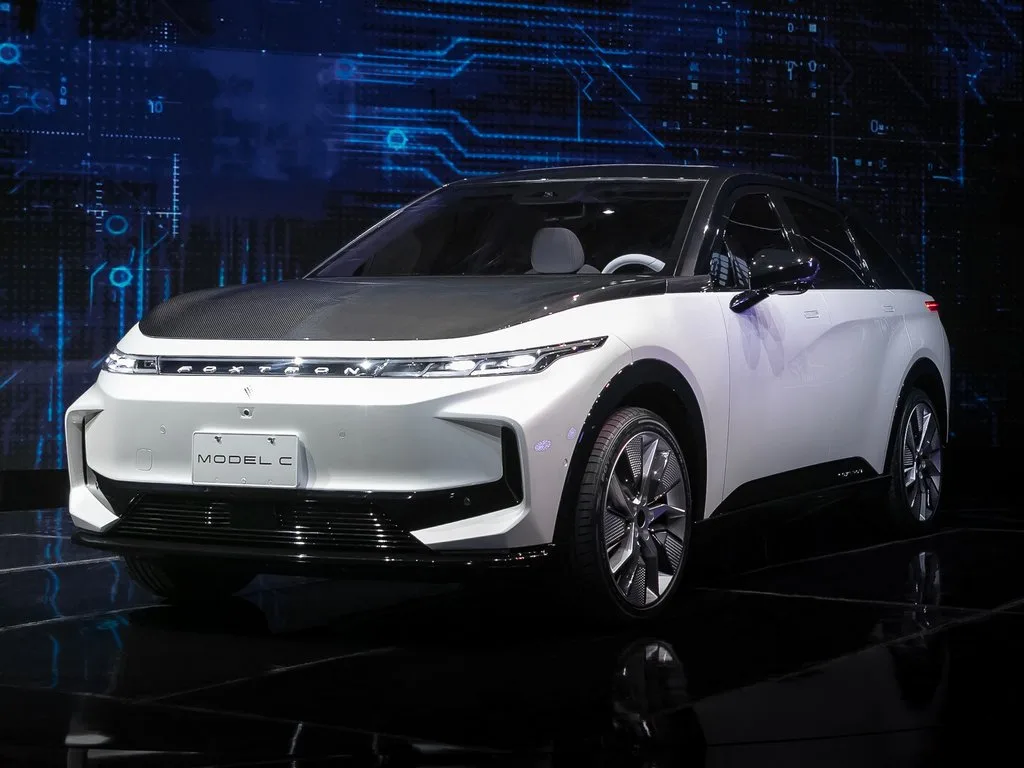
Implications for the Global EV Market
Foxconn’s push into the EV space, starting with the Japan event and the Mitsubishi deal, could have far-reaching consequences:
- Accelerated EV Adoption: By potentially lowering production costs, Foxconn could help make EVs more affordable for consumers.
- Increased Competition: Traditional automakers may face new challengers empowered by Foxconn’s manufacturing capabilities.
- Innovation Boost: The influx of new players could accelerate technological advancements in the EV sector.
- Supply Chain Shifts: Foxconn’s entry could reshape existing automotive supply chains, particularly in electronics components.
“We’re at the cusp of a new era in automotive manufacturing,” says Chen. “The lines between tech companies and car makers are blurring, and Foxconn EV is at the forefront of this convergence.”
What This Means for Consumers
For the average car buyer, Foxconn EV push could translate to:
- More diverse EV options in the market
- Potentially lower prices due to increased competition and manufacturing efficiency
- Faster integration of cutting-edge technology in EVs
- New brands entering the automotive space, backed by Foxconn’s manufacturing prowess
“Consumers should be excited,” Ito enthuses. “This could lead to more innovation, better features, and ultimately, more choice in the EV market.”
The Road Ahead: Challenges and Opportunities
As Foxconn EV gears up for its Japan event, the company faces both opportunities and hurdles:
Opportunities:
- Leverage manufacturing expertise to become a key player in the EV supply chain
- Form partnerships with established automakers looking to accelerate their EV programs
- Capitalize on the growing demand for EVs globally
Challenges:
- Overcoming skepticism from traditional auto industry players
- Navigating complex regulatory environments in different markets
- Building trust in Foxconn’s automotive capabilities beyond electronics
“The next few years will be crucial for Foxconn,” Tanaka opines. “They have the potential to become a major force in the EV industry, but they’ll need to prove themselves every step of the way.”
Also Read: Maruti Suzuki’s e-Vitara Launch: A New Chapter in Indian EV
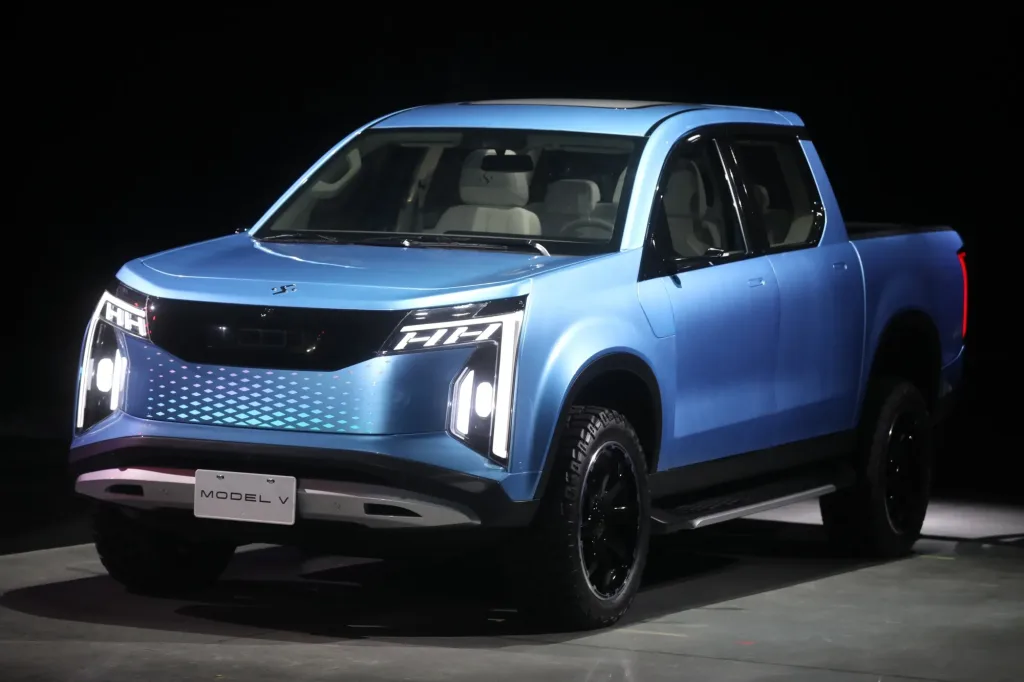
Conclusion: A New Chapter in Automotive History?
As the sun sets on our exploration of Foxconn’s EV ambitions, one thing is clear: the automotive landscape is changing, and Foxconn is positioning itself to be a driving force in that transformation.
The April 9th event in Japan is more than just a seminar – it’s a declaration of intent. It signals Foxconn EV’s determination to become a key player in the EV revolution, challenging traditional industry structures and potentially reshaping how we think about car manufacturing.
For Japanese automakers, suppliers, and indeed the global automotive industry, Foxconn’s moves represent both a challenge and an opportunity. Those who adapt and find ways to collaborate may thrive in this new era. Those who resist could find themselves left behind.
As we look to the future, one question looms large: Will we someday see Foxconn EVs dominating roads around the world, much like their iPhones dominate the smartphone market today? Only time will tell, but one thing is certain – the journey promises to be an exciting one for industry watchers and car enthusiasts alike.
Frequently Asked Questions
What is Foxconn EV’s goal in the EV market?
Foxconn aims to produce 40% of the world’s EVs in the future, positioning itself as a key manufacturing partner for various automakers and new entrants in the EV space.
How does Foxconn’s background in electronics manufacturing benefit its EV ambitions?
Foxconn’s expertise in efficient, large-scale electronics manufacturing could give it an edge in producing EVs, which increasingly rely on advanced electronics and battery systems.
What is the significance of Foxconn’s deal with Mitsubishi Motors?
The Mitsubishi deal marks Foxconn’s entry into EV manufacturing for an established automaker, demonstrating its capabilities and potentially opening doors for more partnerships.
How might Foxconn EV’s entry into the EV market affect consumers?
Consumers could benefit from more diverse EV options, potentially lower prices due to increased competition, and faster integration of new technologies in vehicles.
What challenges does Foxconn face in becoming a major EV player?
Key challenges include overcoming industry skepticism, navigating complex regulations in different markets, and building trust in its automotive manufacturing capabilities.


